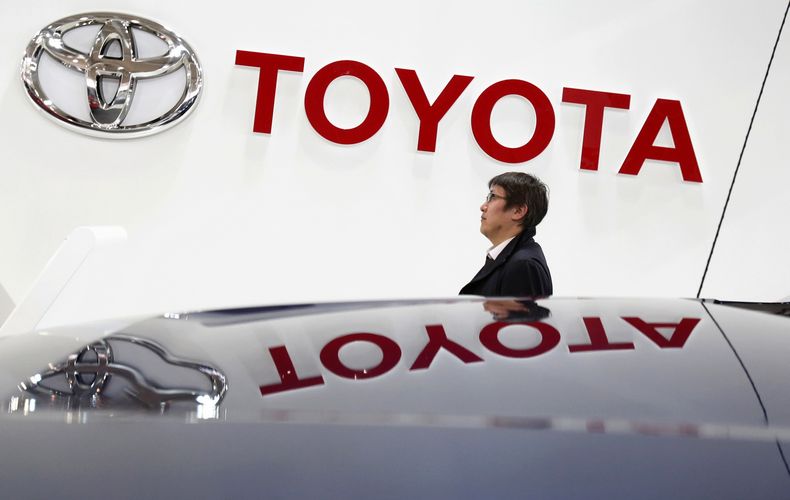Interest among US high-grade corporates to include diversity firms as co-managers or even senior bookrunners is growing, after a number of these firms successfully placed a record-setting bond tranche for Toyota Motor Credit Corp earlier this month.
Over the years, diversity firms – majority owned by women, ethnic groups and military veterans – have found co-manager roles on a number of bond mandates from utility firms, big money centre banks like Citi and Goldman Sachs and blue-chips like Verizon, Apple, GE Capital and Harley-Davidson among others.
But Toyota’s decision to hand senior bookrunning responsibilities to mainly diversity firms on a US$1.25bn two-year tranche elevated this practice.
“Including diversity firms on our bond mandates aligns with our corporate objective of maintaining funding diversity, identifying and developing new investor relationships,” said Kate Oddom, National Manager, capital markets at Toyota Financial Services.
“The diversity and inclusion base has grown over the years and they offer value in distributing our bonds to smaller Tier 2 or Tier 3 accounts who may not be getting many opportunities to buy our paper.”
The two-year tranche was mandated to CastleOak Securities, Lebenthal, Mischler Financial, Samuel A Ramirez, Williams Capital Group and Citigroup.
The first five firms are certified majority owned by African-Americans, Hispanic-Americans, service-disabled veterans and women. Four other diversity firms also featured as co-managers.
Citigroup served as the stabilizing lead manager and was the lead bookrunner along with Bank of America, Barclays and JP Morgan on another US$1.25bn five-year tranche. Many of the diversity firms were also co-managers on this five-year tranche.
Increased recognition
For Toyota, a company that raised about US$25bn in the year ended March from debt issuance and is looking to raise roughly the same amount this fiscal, this broadening of the investor base is critical, said Oddom.
“Over the years through this platform we have been able to reach hundreds of new investors,” she said.
“It does not cost us more and we are able to enhance a platform that fully supports diversity throughout the business community and all business initiatives of TFS and Toyota affiliates.”
Peter Aherne, head of North America Capital Markets, syndicate and new products at Citi, which pioneered a number of D&I initiatives, including hiring five women-owned firms to sell bonds on a US$1.5bn deal in March, said the Toyota deal showed increased recognition of the value provided by diversity firms.
“By including these firms you send a message to that firm, to your company, to the Street and to your clients about the importance of diversity,” Aherne said.
“The mandates are very meaningful for these firms because it helps them grow by winning ancillary business from these clients.”
Not a flood
Toyota’s move may not lead to a flood of senior mandates going to diversity firms, but the increased visibility is set to help.
“We should see more companies using firms like ours on bond transactions to tap into the roster of investors we work with that are not covered by the bulge bracket firms,” said CastleOak’s President & CEO David Jones.
One senior banker said many top companies, after Toyota’s deal, were asking advice on how they could include these firms in their bond syndicates.
This interest comes in addition to existing regular funding programs tailored specifically by money centre banks like Citi, Goldman Sachs and JP Morgan to include diversity firms.
There could be overseas mandates too, similar to the ones awarded by Comcast and AT&T, which included diversity firms in their Formosa bond offerings.
“The mandate to diversity firms is a meaningful one that has become more impactful over the years,” said Ron Quigley, managing director at Mischler Financial.
“Including diversity firms in bond mandates has become part of corporate America’s DNA and it is no longer done under any political pressure or as a marketing tool. It now strikes at the core of every corporation we work with.”
